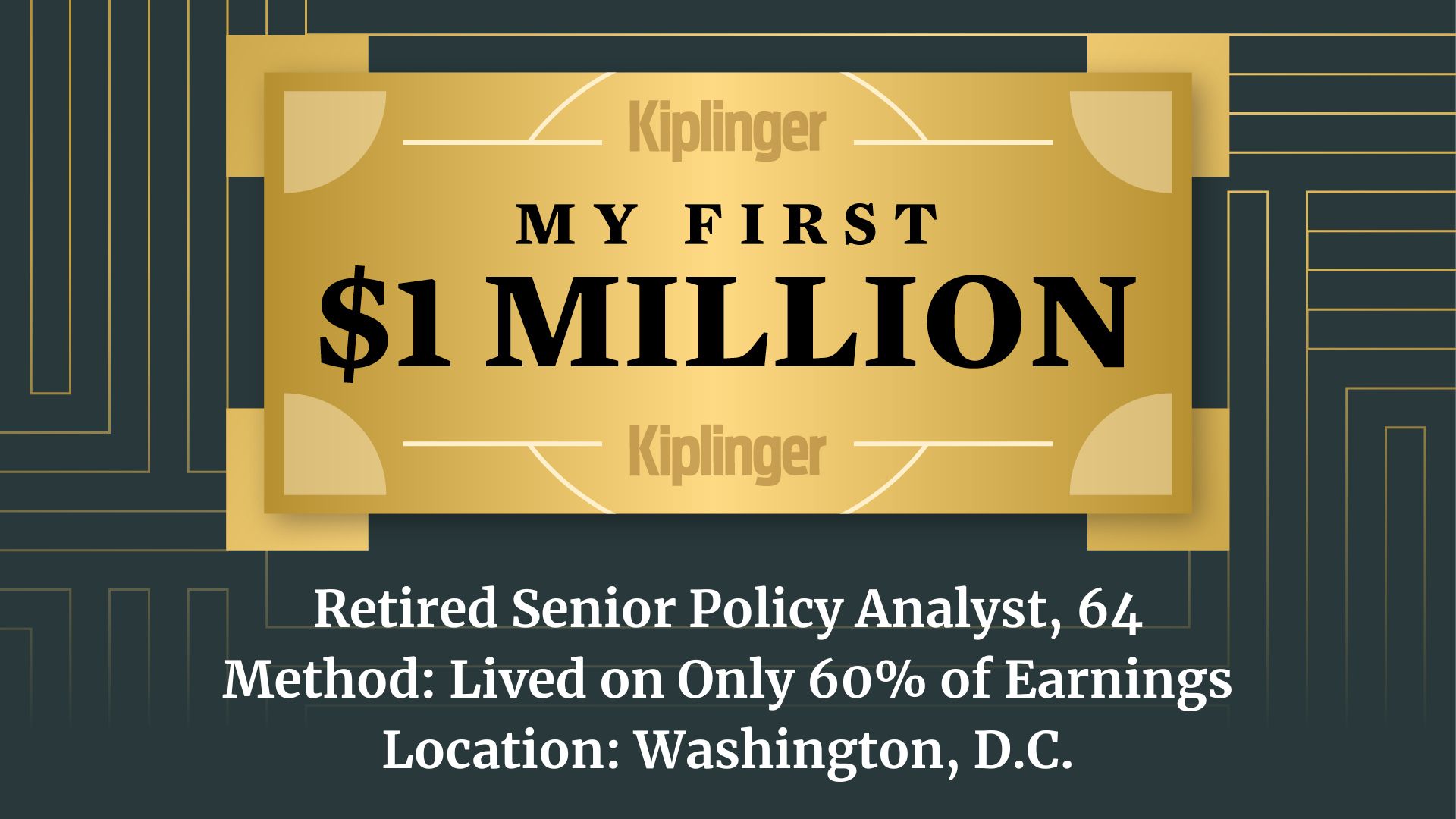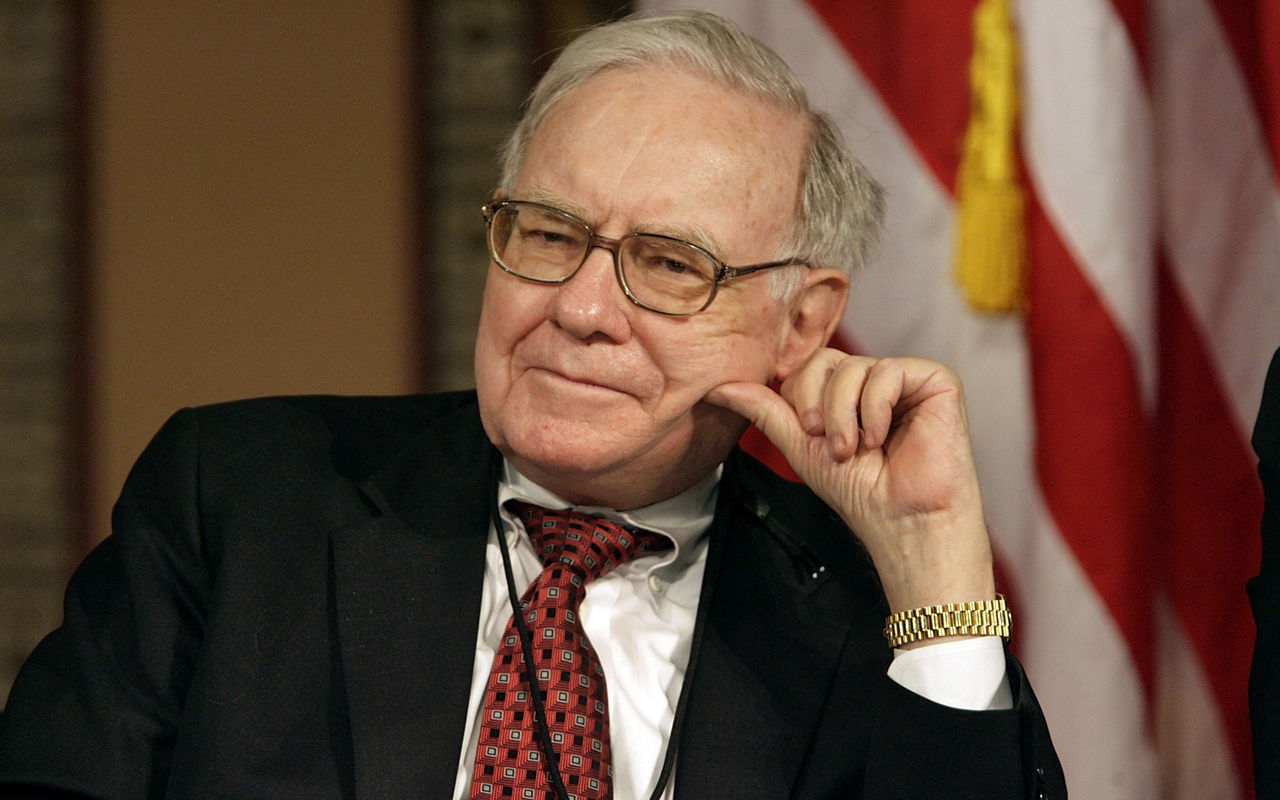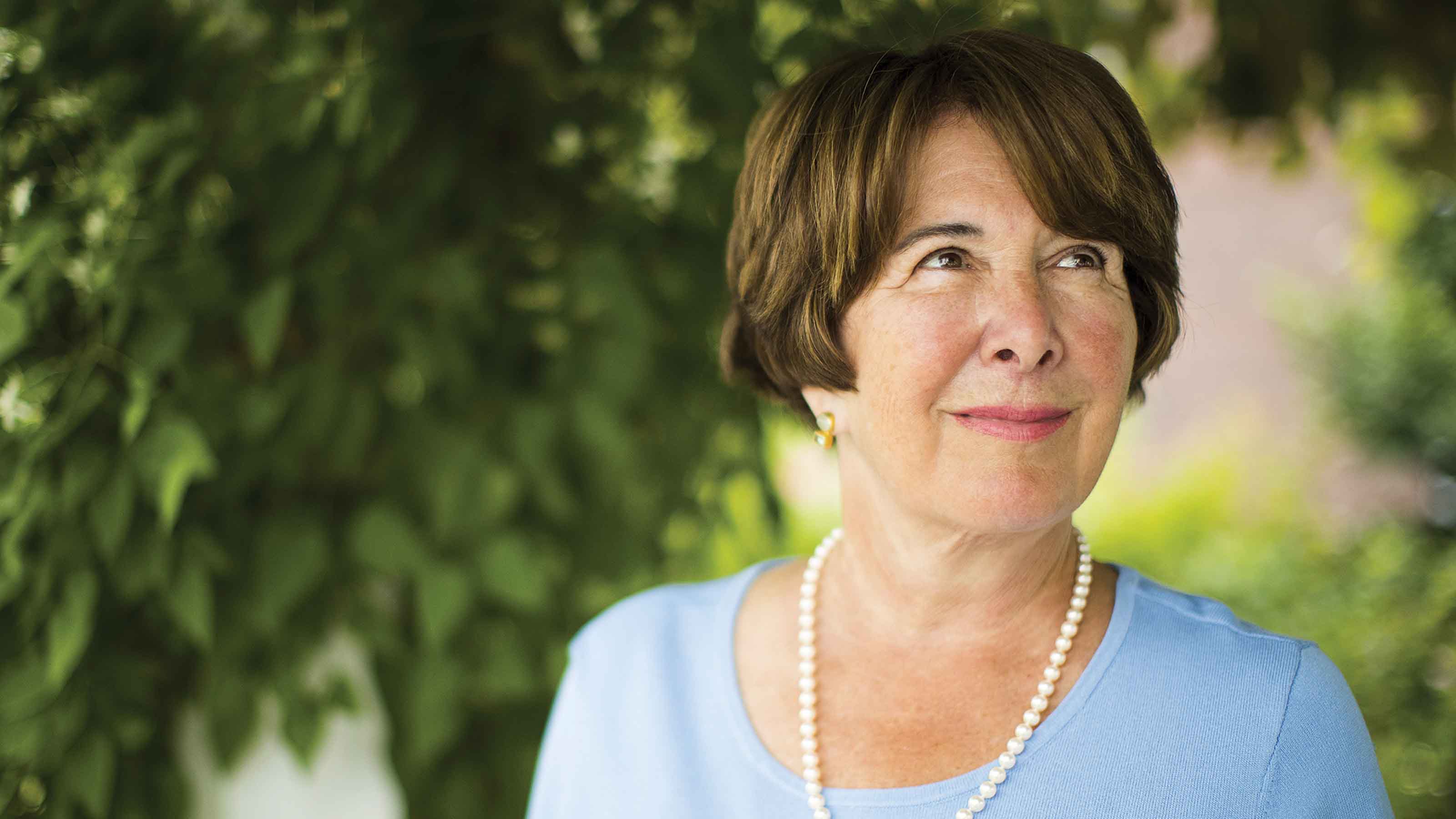To Save More, Focus on the Future
When imagining your financial life, clarity counts. A vague desire for peace of mind might become “I want to have at least $1 million.”


Profit and prosper with the best of Kiplinger's advice on investing, taxes, retirement, personal finance and much more. Delivered daily. Enter your email in the box and click Sign Me Up.
You are now subscribed
Your newsletter sign-up was successful
Want to add more newsletters?

Delivered daily
Kiplinger Today
Profit and prosper with the best of Kiplinger's advice on investing, taxes, retirement, personal finance and much more delivered daily. Smart money moves start here.

Sent five days a week
Kiplinger A Step Ahead
Get practical help to make better financial decisions in your everyday life, from spending to savings on top deals.

Delivered daily
Kiplinger Closing Bell
Get today's biggest financial and investing headlines delivered to your inbox every day the U.S. stock market is open.

Sent twice a week
Kiplinger Adviser Intel
Financial pros across the country share best practices and fresh tactics to preserve and grow your wealth.

Delivered weekly
Kiplinger Tax Tips
Trim your federal and state tax bills with practical tax-planning and tax-cutting strategies.

Sent twice a week
Kiplinger Retirement Tips
Your twice-a-week guide to planning and enjoying a financially secure and richly rewarding retirement

Sent bimonthly.
Kiplinger Adviser Angle
Insights for advisers, wealth managers and other financial professionals.

Sent twice a week
Kiplinger Investing Weekly
Your twice-a-week roundup of promising stocks, funds, companies and industries you should consider, ones you should avoid, and why.

Sent weekly for six weeks
Kiplinger Invest for Retirement
Your step-by-step six-part series on how to invest for retirement, from devising a successful strategy to exactly which investments to choose.
As regular readers of this column are aware, financial health has both economic and emotional dimensions, and the right balance of the two is crucial for success with your money. If you have any doubts, consider the blissful spendthrift on the road to financial ruin, says Sarah Newcomb, a behavioral economist at investment research firm Morningstar. Or the fearful penny-pincher, who may be wealthy but doesn’t feel secure. Newcomb is on a mission to help investors and the advisers who work with them master both economic stability and emotional well-being. Two aphorisms sum up her thinking on those two fronts: “Time is money” and “Power is happiness.”
Newcomb is the author of Loaded: Money, Psychology and How to Get Ahead Without Leaving Your Values Behind. I spoke with her recently at the annual Morningstar investor conference about her latest research, which shows that the further ahead you think and the clearer your picture of the future, the more you’ll save and the better you’ll manage your cash and credit.
The impact that thinking ahead has on your savings might surprise you. Newcomb’s survey of several hundred U.S. residents found that living-in-the-moment savers who looked ahead less than a year typically had saved less than $20,000; people who had thought about their financial lives 20 years hence had saved 20 times more. Even looking ahead by just a few years increased savings fourfold. The time-horizon effect on personal finances was significant for people of different incomes, ages, education levels and genders, and it had a greater impact on saving than did those demographic factors. “Income matters,” says Newcomb. “But mindset matters more.”
From just $107.88 $24.99 for Kiplinger Personal Finance
Become a smarter, better informed investor. Subscribe from just $107.88 $24.99, plus get up to 4 Special Issues

Sign up for Kiplinger’s Free Newsletters
Profit and prosper with the best of expert advice on investing, taxes, retirement, personal finance and more - straight to your e-mail.
Profit and prosper with the best of expert advice - straight to your e-mail.
The problem is that only 70% of those surveyed had thought 10 to 20 years ahead; just 8% had planned out their whole financial lives. Fortunately, there are ways to trick yourself into staring down your financial future. One is to picture yourself there. Discount broker Merrill Edge ran a successful ad campaign from 2012 to 2016 that encouraged saving by letting customers use a tool to see age-enhanced images of themselves. Mobile apps such as FaceApp and AgingBooth can help you connect with your older, future self. If you can stand seeing your future gray hair and wrinkles, it could help boost your account balance.
Picture this. When imagining your financial life in the years ahead, clarity counts, says Newcomb. Instead of thinking, “I want to be financially secure,” be specific: “I want to live in an upscale retirement community near a golf course.” Not “I want to relax and enjoy myself,” but “I want to travel to see my children and grandchildren twice a year and treat my family to a Disney vacation at least once.” A vague desire for peace of mind might become “I want to have at least $1 million in assets, not including my home.”
Empowerment is the key to emotional well-being, at least when it comes to finances. People who believe they create their own financial destiny are happier with respect to their money than those who believe they have less power, according to Newcomb’s surveys. Again, that conclusion applies to people of both genders and of different ages, income and education levels. Amazingly, feeling in control has more than twice the impact on financial satisfaction that income does.
The lesson is that it’s important to stay involved in decisions about your finances, even if you work with an adviser. Non-earners need to recognize where they exert control in their family’s financial life: Do they shop for the household? Plan vacations? Make decisions about living costs or children’s schooling? Celebrating even small successes, such as opening a 401(k), can help build confidence. And surmounting near-term hurdles—say, curtailing restaurant meals to save for a trip—can work wonders in making you feel up to a lifetime of financial challenges.
Profit and prosper with the best of Kiplinger's advice on investing, taxes, retirement, personal finance and much more. Delivered daily. Enter your email in the box and click Sign Me Up.

Anne Kates Smith brings Wall Street to Main Street, with decades of experience covering investments and personal finance for real people trying to navigate fast-changing markets, preserve financial security or plan for the future. She oversees the magazine's investing coverage, authors Kiplinger’s biannual stock-market outlooks and writes the "Your Mind and Your Money" column, a take on behavioral finance and how investors can get out of their own way. Smith began her journalism career as a writer and columnist for USA Today. Prior to joining Kiplinger, she was a senior editor at U.S. News & World Report and a contributing columnist for TheStreet. Smith is a graduate of St. John's College in Annapolis, Md., the third-oldest college in America.
-
 5 Side Gigs That Let You Travel the World in Retirement
5 Side Gigs That Let You Travel the World in RetirementEarn as you explore: High-flexibility side gigs that enable retirees to blend work and travel in 2026.
-
 My First $1 Million: Retired Senior Policy Analyst, 64
My First $1 Million: Retired Senior Policy Analyst, 64Ever wonder how someone who's made a million dollars or more did it? Kiplinger's My First $1 Million series uncovers the answers.
-
 How You Can Use Donor-Advised Funds to Lower Your Tax Bill
How You Can Use Donor-Advised Funds to Lower Your Tax BillCharitable bunching with a donor-advised fund (DAF) can maximize both the tax benefits and the long-term sustainability of your philanthropic ventures.
-
 How I'm Going to Invest My Mega Millions Lottery Jackpot
How I'm Going to Invest My Mega Millions Lottery JackpotThe odds of winning the Mega Millions lottery are effectively zero, but here's how I'm investing my fortune should I hit the jackpot.
-
 Four Random Facts and Thoughts About Warren Buffett
Four Random Facts and Thoughts About Warren BuffettIf I love Warren Buffett so much why don't I just marry him?
-
 Investing in Gold Is Dumb
Investing in Gold Is DumbStocks are better than gold for both generating wealth and offering protection against inflation.
-
 What's So Scary About a Mega-Cap Tech Bull Market?
What's So Scary About a Mega-Cap Tech Bull Market?Bears say the market can't keep rallying when only five mega-cap tech stocks are driving returns, but history suggests otherwise.
-
 We Are Not in a Bull Market
We Are Not in a Bull MarketIt takes more than a 20% gain off the low to proclaim the beginning of a new bull market.
-
 Why I Don't Buy Stocks
Why I Don't Buy StocksIt's nearly impossible to beat the market – but it is cheap and easy to match it.
-
 Amy Domini on the Secrets of Sustainable Investing
Amy Domini on the Secrets of Sustainable InvestingESG An ESG pioneer says finding good corporate citizens is the best way to make money.
-
 New Ways to Invest in Bitcoin
New Ways to Invest in BitcoinBecoming an Investor ProShares Bitcoin Strategy and other ETFs offer an easier way to gain bitcoin exposure than buying the actual cryptocurrency.